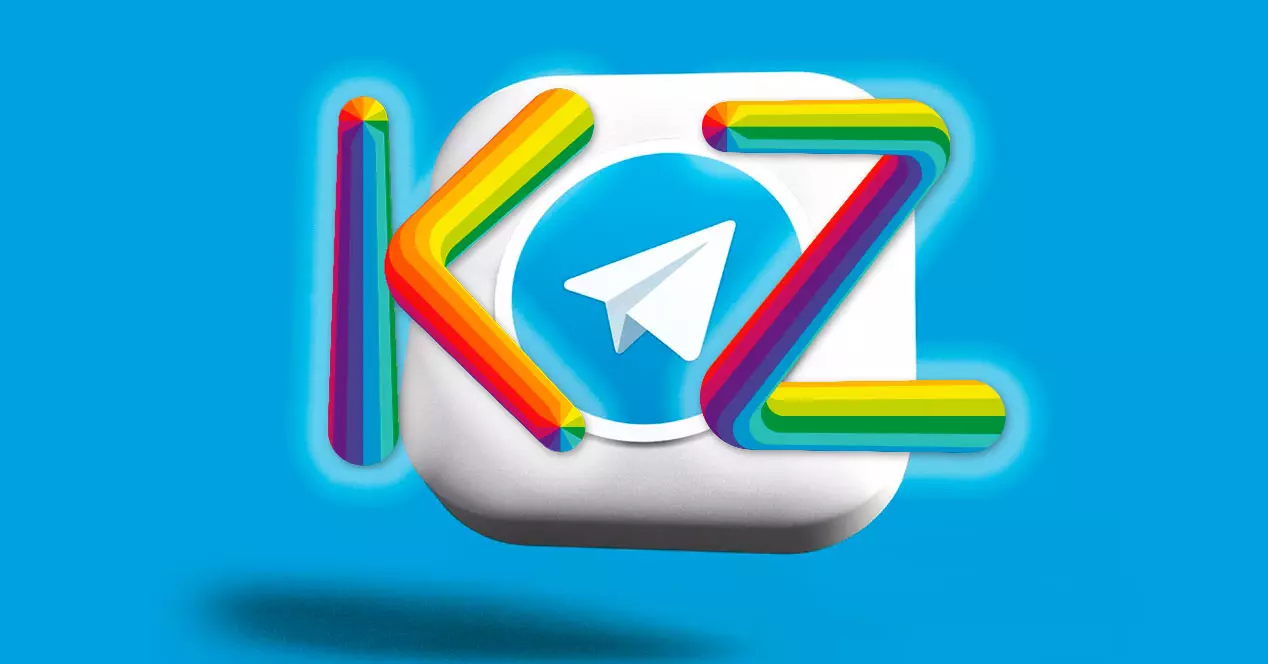
4.12 billion euros instead of 4.34 billion – the EU court has reduced the Commission’s fine against Google for exploiting its dominant position.
The fine of 4.34 billion euros imposed by the EU Commission on Google has been largely confirmed by the Court of Justice of the European Union in Luxembourg – but it was reduced to 4.12 billion euros due to a different decision. Alphabet Inc., which acts as the parent company for about half of the time, has to pay around 1.52 billion euros jointly and severally.
“The level of penalty confirmed by the court reflects the need to have a deterrent effect,” the court said in the detailed decision statement. The duration of the dispute, which has been ongoing since 2013, and the effects of Google’s behavior also played a role. According to the EU Commission, which set the amount of the fine in 2018, 80 percent of smartphone users had a smartphone running Android at the time.
All plaintiffs and joint plaintiffs, including the Federal Association of Digital Publishers and Newspaper Publishers and the search engine provider Qwant, must also bear their own costs. The reduction in the fine comes about because the court decided on one point that differed from the Commission: it saw no abuse in the sharing of revenue. However, the decision does not have to be the end of it, Google’s mother Alphabet can raise an objection again.
Google gains advantages
Once again, the court ruled that Google had exploited its dominant position in Android smartphones to gain advantages for itself. Specifically, this time it’s about the compulsion to accommodate Google services as apps if hardware manufacturers want to use the operating system. Google sells Android as open source. The search was also preset on the smartphones, which in the meantime led Google to dubious bidding processes. Providers could pay dearly to get a selection place when setting up a smartphone. Under pressure from the EU Commission, Google discontinued this pay-to-play procedure.
Of course, Google sees itself misunderstood. The court neglects that Google’s main competitor is Apple’s iPhone. With Android, the market was only opened up to other developers and manufacturers. In addition, the costs for the maintenance of the operating system must also be taken into account, it was said in the previous argument. So far, there has been no statement from Google on the current decision.
(emw)




